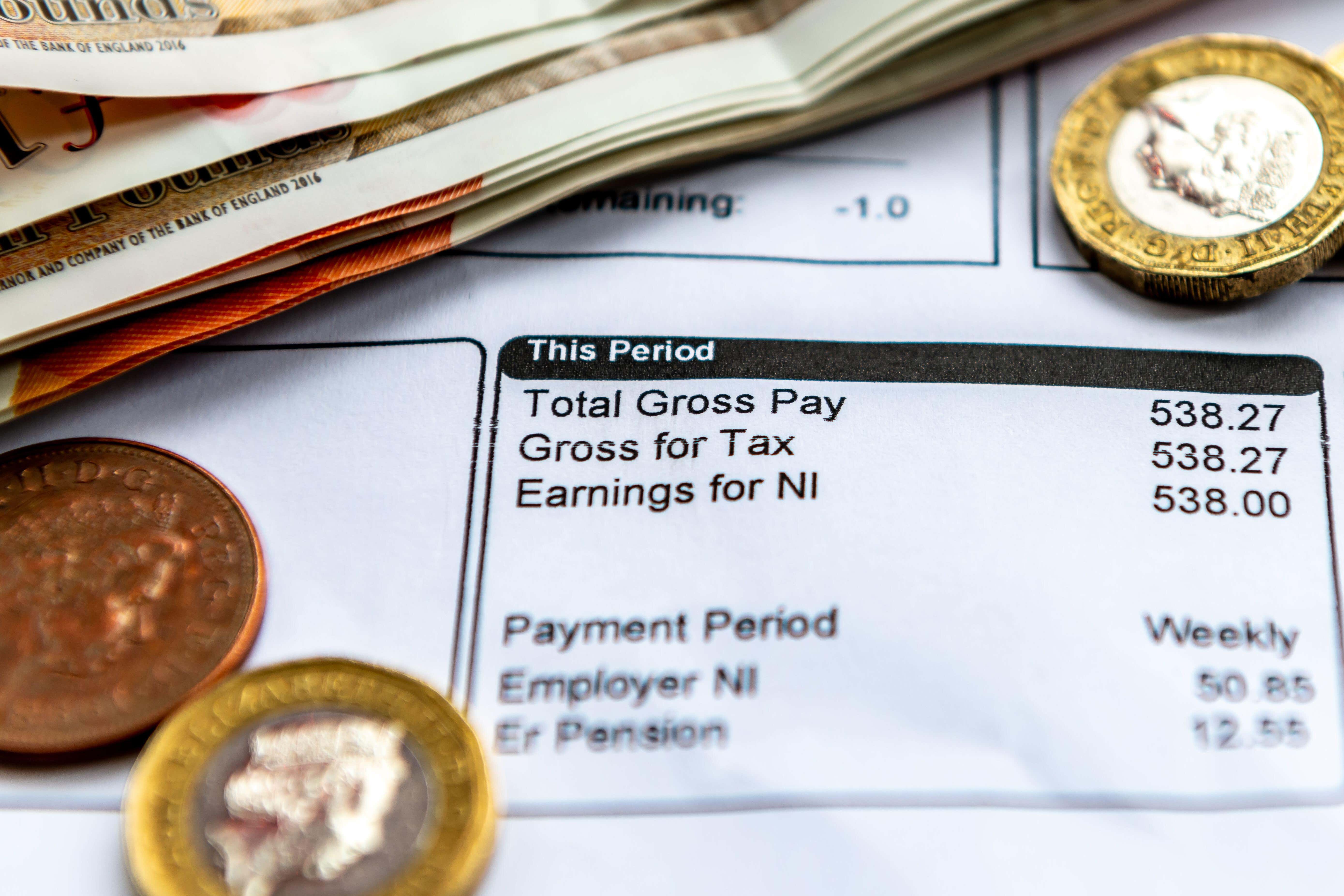What could an increase in employer national insurance mean for businesses?
Here, the PA news agency looks at what national insurance is and what an increase could mean for businesses and the economy.

The Chancellor is set to deliver her first Budget statement on October 30, which will outline the Government’s plans for raising or lowering taxes.
Rachel Reeves and the Prime Minister have said the Budget will involve “tough” decisions, after previously saying there is a £22 billion “black hole” in the UK’s public finances left by the former government.
Ms Reeves and Sir Keir Starmer have declined to rule out increasing employers’ national insurance contributions, stressing instead that Labour has promised not to raise taxes on “working people”.
Here, the PA news agency looks at what national insurance is and what an increase could mean for businesses and the economy.
– What is national insurance?
National insurance (NI) contributions are the UK’s second-biggest tax, behind income tax.
They are paid by employees and self-employed workers on their earnings and profits, and by employers on top of the wages they pay out.
NI contributions mean workers qualify for the state pension and certain benefits, such as a maternity allowance and bereavement support payment.
The bulk of NI revenues come from employer contributions, which made up an estimated 63% of all revenue in 2023 to 2024, according to figures from the Institute for Fiscal Studies (IFS).
Whereas employee contributions made up about 35%, and self-employed contributions accounted for less than 3%.
– What is the current rate of employer national insurance?
Employers currently pay 13.8% on earnings above £175 a week, or £9,100 a year, under Class 1 NI contributions.
It is deducted and set aside for HMRC before wages are paid out.
The employment allowance allows eligible businesses to reduce their NI liability by up to £5,000 a year, which takes many small firms out of paying employer NI contributions altogether.
– What changes could the Government make and what would it mean for the economy?
Speculation that the Government could increase national insurance for employers has risen in recent days after both the Chancellor and the Prime Minister declined to rule it out.
A one percentage point increase in the Class 1 rate could raise £8.45 billion over the 2025 to 2026 tax year, and a two percentage point hike could raise £16.9 billion, according to data compiled by HMRC and EY.
This would go some way to closing the £22 billion “black hole” which Ms Reeves said had been inherited by the previous Conservative government, and to help fund spending promises.
There has also been speculation that the Government was considering introducing NI on employer pension contributions as a way of raising additional revenue.
The IFS calculated that this could raise around £17 billion per year if taxed at the same 13.8% rate.
If these were to increase it could lead to businesses restricting new hires, limiting pay rises or scaling back pension payments
– What could it mean for businesses?
Experts have cautioned that any increase in national insurance would mean higher costs for businesses, which could impact their staff and customers.
Rob Morgan, chief investment analyst at wealth manager Charles Stanley, said: “Employers consider the total cost of an employee, which includes employer NI contributions and pension contributions.
“If these were to increase it could lead to businesses restricting new hires, limiting pay rises or scaling back pension payments.
“Yet some may instead look to pass these costs on in terms of higher prices.”
Alice Haine, personal finance analyst at Bestinvest by Evelyn Partners, agreed that a tax hike could have “unintended consequences as businesses might then choose to reduce headcount or stick to the auto-enrolment minimum for pensions to cut costs”.
– Could some businesses be affected more than others?
Chris Sanger, a tax policy leader for EY, said that “labour-intensive” businesses are more likely to be squeezed by a tax increase than more “capital-intensive” firms, which rely more on things like machinery or intellectual property than staff.
It means that any increase in employer NI could put a greater burden on businesses with more employees, particularly affecting those the services sector like hospitality and entertainment, he said.
Kate Nicholls, the chief executive of trade group UKHospitality, warned that an increase could be a “tax on jobs”, adding: “An increase would particularly hammer sectors like hospitality, where staffing costs are the biggest business expense.”
Bookmark popover
Removed from bookmarks